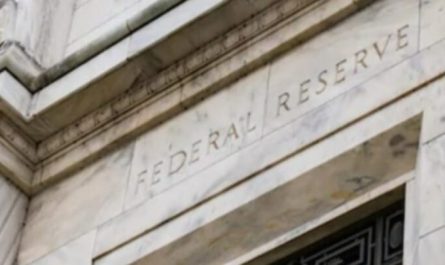On Thursday, a poll showed that analysts had decided to reduce bearish bets on nearly all Asian currencies, due to indications that the economic struggles of China may finally be easing. The country has lifted some of the curbs that were implemented due to COVID-19, but analysts remain concerned about the possibility of more lockdowns in the future, along with the monetary policy of the United States. Short positions on the Taiwanese dollar and the South Korean won reached their lowest levels since February. The survey also showed that short positions on the Chinese yuan had declined to their lowest in six weeks.
There was also an improvement in investor sentiment, which had not been down for about a fortnight. This was after a two-month lockdown in some major cities of China came to an end and the country also announced new financial stimulus measures for giving the economy a much-needed boost. Mid-April saw the Chinese yuan depreciate, which had triggered a sell-off in other currencies in Asia as well. The currency was finally able to make a recovery from the low of 20 months that it had reached a few weeks ago. Nonetheless, analysts are still skeptical about the economy growth in China.
Market economists said that growth concerns still persist because there is doubt that China’s troubles with COVID-19 may not be over as yet and there could be more lockdowns in the future. Asian sentiment also saw a boost due to expectations of a pause in the aggressive increase in the interest rates by the US Federal Reserve. However, the Fed and its officials have remained ambiguous in this regard and this has only festered concerns of a global recession with rising inflation numbers. The Thai baht also saw its short positions reach their lowest levels since April, with a key meeting of the central bank scheduled to take place next week.
May saw the economy of Thailand improve gradually, after they had relaxed some of the curbs imposed due to COVID-19. However, the inflation in the country has already gone past the target range of the central bank. According to market economists, the Bank of Thailand (BOT) has not given any hints about normalizing their monetary policy, but there is an increasing possibility of a hawkish stance. As a matter of fact, there could be a hike in the interest rate as early as the fourth quarter of this year.
Other central banks in Asia have already made moves in recent months for tightening their monetary policy because of inflationary pressures, the Fed’s hawkish stance and from a rebound in the economy after the pandemic. The central bank in South Korea went ahead with their second rate hike last week and announced that they would make more increases aggressively in order to combat with the inflation that is now touching highs of 13 years. The Bank of Korea’s tightening campaign has been the most aggressive, as they began in August last year and have increased by 100 cumulative basis points already.















